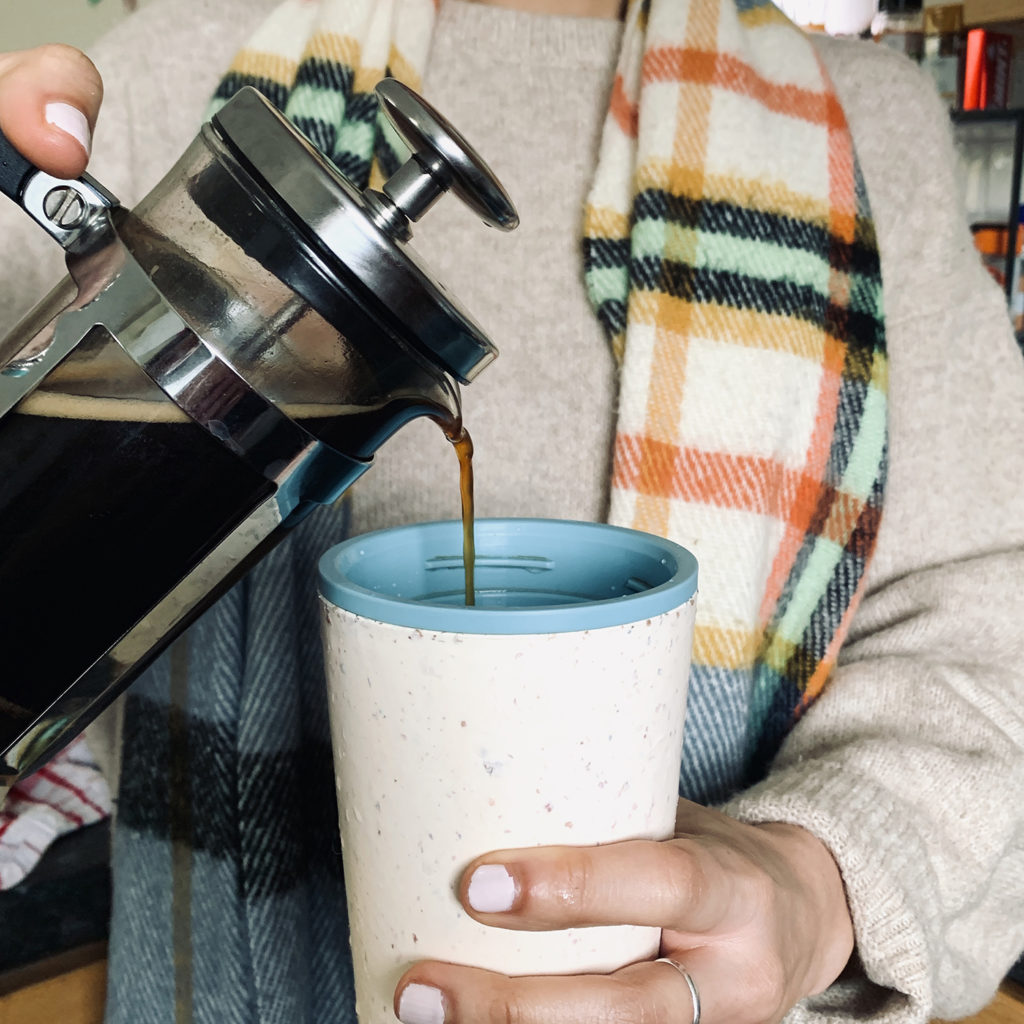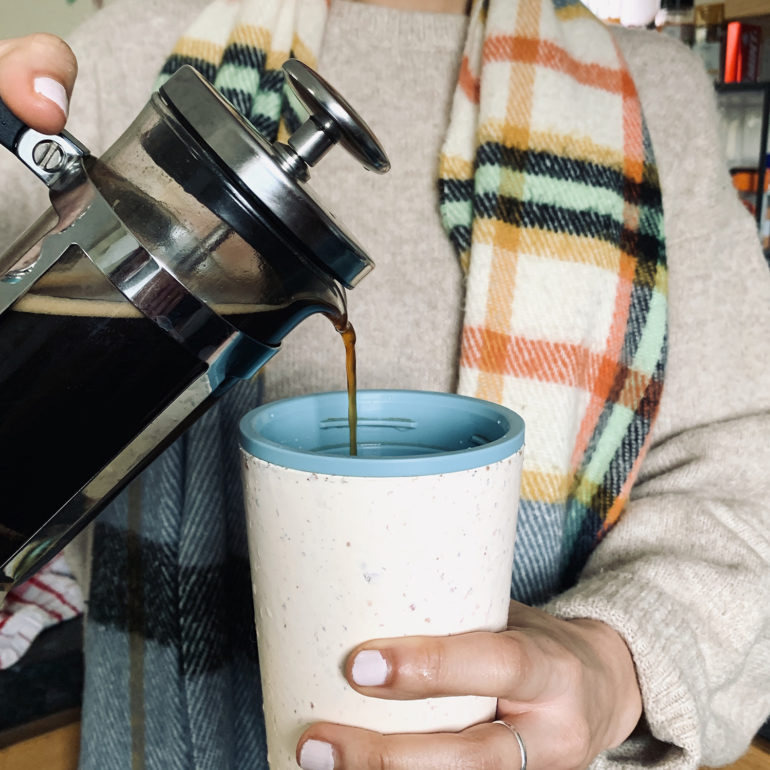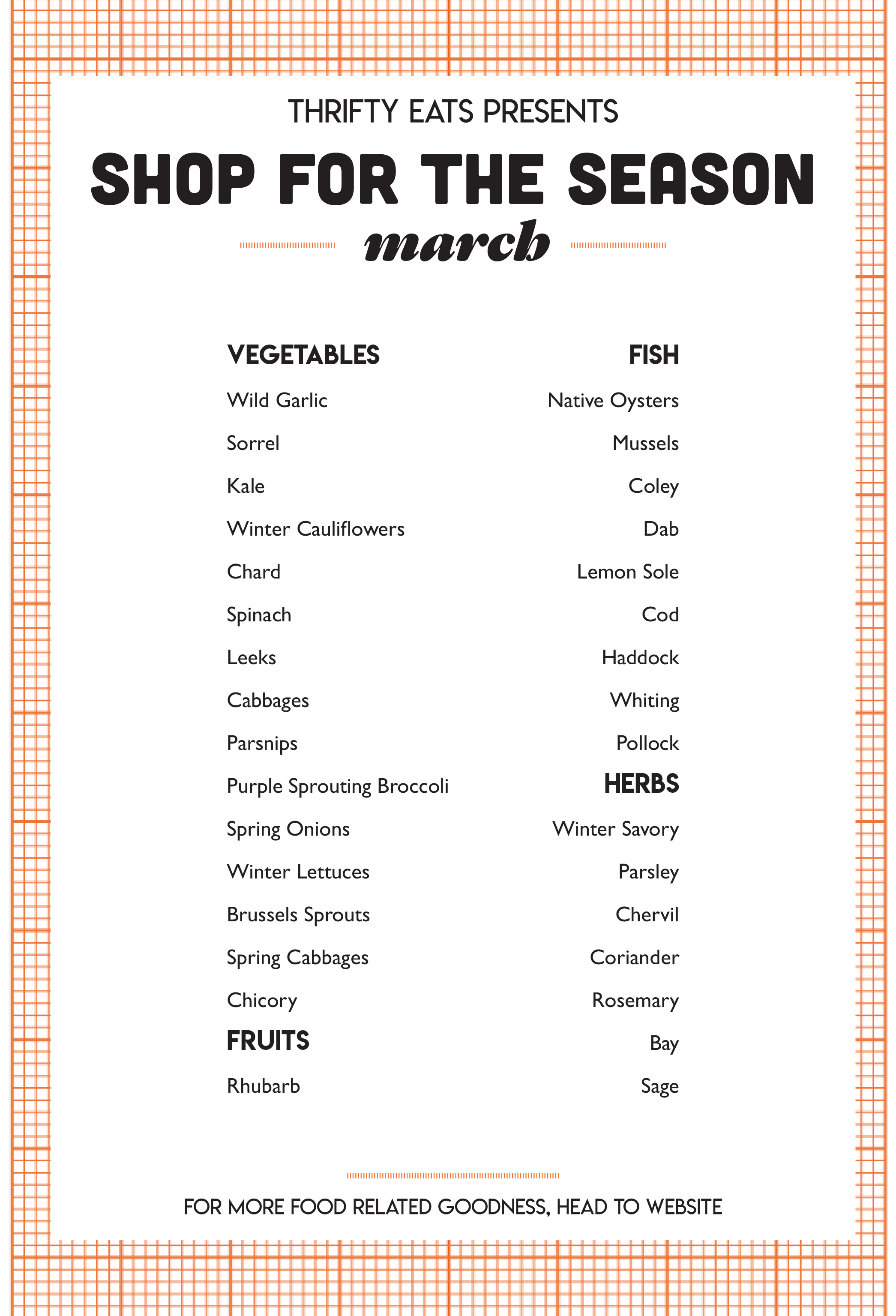Want to do your bit for the planet but don’t know where to start? Here’s some quick and easy sustainable swaps that don’t cost an arm and a leg

In a society where we are overwhelmed with choice and information, we could all do with a helping hand on how to become a smarter shopper. Here’s our easy guide and eco-friendly recommendations to become a more sustainable shopper.
Reusable water bottle, not plastic bottles
There have been many vociferous campaigns against single-use plastic, and it’s really not hard to see why. Despite the furore, most plastic water bottles sold in supermarkets and beyond are still sent to landfill or the ocean rather than recycling. Reusable water bottles, like stainless steel ones or even branded hard-plastic ones, are becoming ubiquitous yet most aren’t that affordable. Popular brand Chilly’s, for example, will set you back at least £20.00.
It doesn’t need to be this way. Wilko, the kings of thrifty, sell stainless steel bottles, almost an exact replica, for just £5.00. Just be sure to wash it out first, unless you like your water tasting metallic. Nicer than plastic, we suppose.
Reusable coffee cup, not cardboard cups
Although many high street chains and independents offer a reduction on their coffee if you bring a cup with you, the majority of us still drink from the plastic-cardboard amalgam offered in-store, often ending up in excessive waste. Despite coffee being as British as red wine, 70 million cups of coffee are drunk every day, but this is nowhere near how much tea we drink, which is as British as, well, tea.
The range of reusable coffee cups is overwhelming, from Thermos flasks to wood mugs. However, those super-techy flask style cups tend to lean on the expensive side (north of £20.00) and are pretty ugly, but they do keep your coffee hot.
rCups are the most sustainable and environmentally-friendly swaps. They are made from recycled paper cups, are 100% leak-proof and well-insulated. It doesn’t break the bank either, you can pick one up from John Lewis for a respectable £11.00.
Reusable eco-friendly bags, not plastic
Despite levies imposed on plastic bags in the United Kingdom, big retailers still issue millions of them every year.
We recommend a sturdy bag that has a lifetime guarantee and can deal with a fair amount of weight, so you then don’t have to buy anymore at the checkout. If you’re a sporty type, a kit bag would do just fine but if you’re after a new one there’s a plethora available online.
Many other publications list BagPodz (an easily transportable pack of reusable nylon bags) as the most practical solution, but the shipping costs and efforts associated with these make it seem a bit redundant when considering eco-friendliness.
We’d recommend just keeping a lookout when you’re doing your shopping for reusable bags at the checkout for an easy swap. John Lewis and M&S offer typically attractive and purposeful options, whereas Lidl’s big reusable bag is an all-weather titan.
Buy cans, not bottles
It’s a pretty complex issue, but cans are made from more recyclable material than bottles. They have a smaller carbon footprint and are easier to transport, but the energy that goes into making new aluminium is extensive. It involves a heavily mechanical process that involves drilling into the ground.
It’s not just drinks that are in cans, a new range of stocks called Potts are plastic-free and fully recyclable. In terms of beer though, the most sustainable option is to stick to craft draught beer at the local, pulled from metal kegs. However, craft beer company Brewgooder donate all the profits they make from their beer to clean water projects in Malawi. Drinking a beer might just have to be the easiest way to be charitable. Cheers to that!
Eco-friendly straws, not plastic straws
The Huffington Post reports that in the United States alone, people discard 500 million straws which go straight to landfill and oceans. Although more restaurants are offering more eco-friendly alternatives, most still provide plastic straws.
For an easy swap, we would recommend choosing a slick metal or bamboo alternative, The Works offer eight straws for a respectable £3.00.
Or you could just y’know, not use one. Are they that necessary? Be thrifty people.

